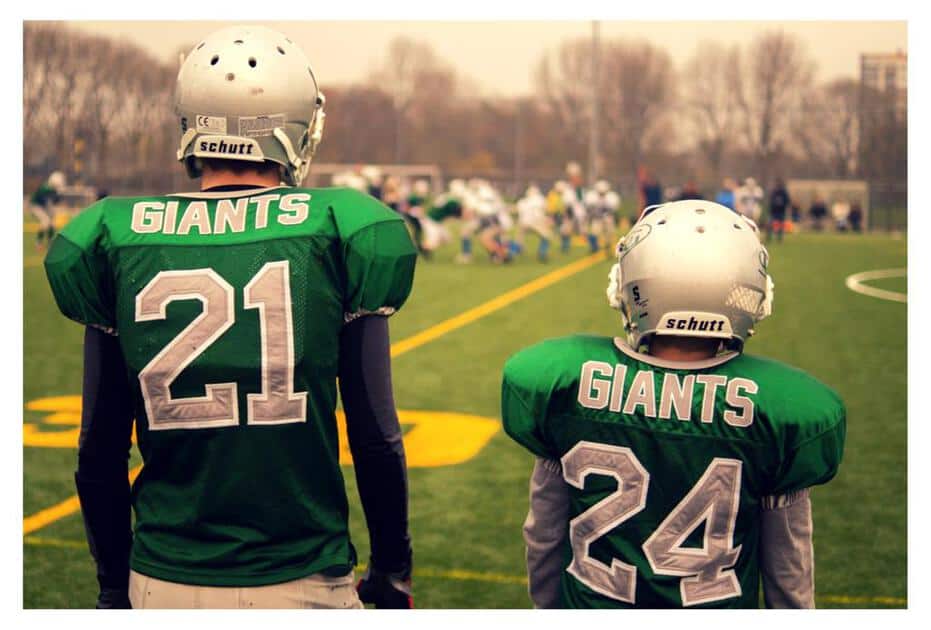
Everyday, teenage boys and girls are bombarded by unrealistic portrayals of beauty and masculinity. These visual assaults come from advertising companies by way of social media, television shows, films, websites, and more. Popular culture promotes distorted ideas of body image and behavior, affecting young people at a very vulnerable time in their lives.
Examples of outright misrepresentation in the media are not difficult to find. Instagram posts often feature photoshopped (or “doctored”) images. Graphic designers can easily alter a celebrity’s face, hollowing it with image software. Is an actress a bit too plump? It’s no problem to artificially reduce her hips to better match the fashion industry’s idea of beauty. The message this sends to girls and women is very clear – you need be very thin to be valued by society.
Boys, on the other hand, are taught to believe that a muscled physique, seemingly due to steroid use, is the masculine ideal. When these hyper-masculine “role models” promote their special method of strength-training, or reveal the “easy” steps to that lean, chiseled look, adolescents readily believe them.
The teen mind does not have the experience to think critically about these claims. For example, teens are often not aware that this type of physique is not something that the average person can easily replicate. The media doesn’t explain that unless one can devote many hours a day to body building, the average person will never look like that unless you do some rather dangerous things health-wise. Young women, by the same token, often fail to understand how dangerous it is to try to achieve the same emaciated appearance of their favorite fashion model.
When adolescents think that they don’t measure up to the images they see in the media, they wonder what’s wrong with them. If they’re experiencing puberty, or have developed differently from their peers, body image issues can dramatically affect their self-esteem and quality of life. This should not be a surprise to anyone. Researchers have known since the 1960s that distorted body image (or body dysmorphia) can lead to disorders like bulimia and anorexia nervosa
How to Promote Healthy Body Image to Young People
Parents, grandparents, aunts, and uncles can help counteract some of the media’s influence, or at least offer the young people in their lives a chance at re-thinking some of the things they see in today’s media.
Show that you yourself have a healthy body image and enjoy keeping it healthy by choosing healthy behaviors. You can do this by exercising with your child. Go for a walk or a bike ride, take a yoga class, or do some yard work. If they’re not inclined to join in, show interest in their activities, even if you can’t participate with them.
Teach your teen how to think critically about advertising claims regarding diet and body. If your daughter or niece thinks she needs to look like a certain female celebrity, challenge the idea by asking how many people she sees everyday that would measure up to that standard. Make sure they understand how calories and exercise work.
Promote healthy cognitive habits – that is, help your child have a “good script” in their head to better counteract what they hear and see in the media. Your 15-year-old may not ever look like his favorite professional athlete, but there’s nothing wrong with him working out, playing sports, and striving to be like said athlete, as long as he’s approaching it from a healthy and well-rounded perspective.
For further reading on this subject, check our these books:

